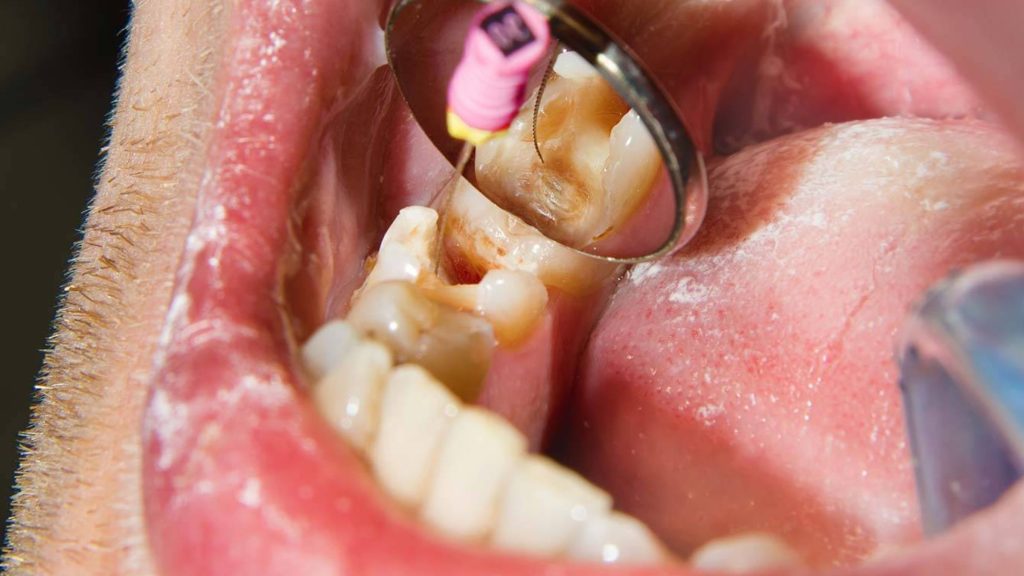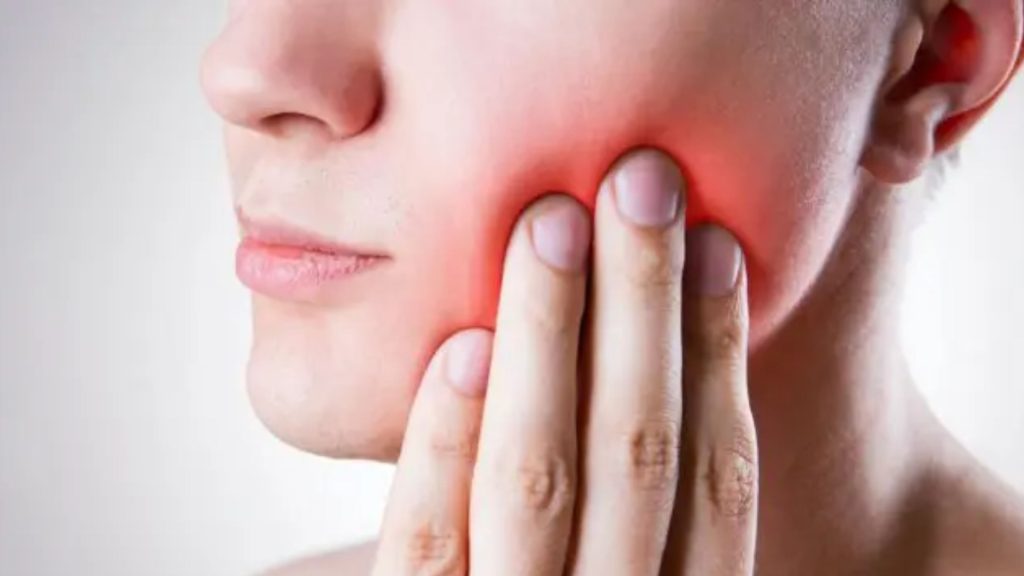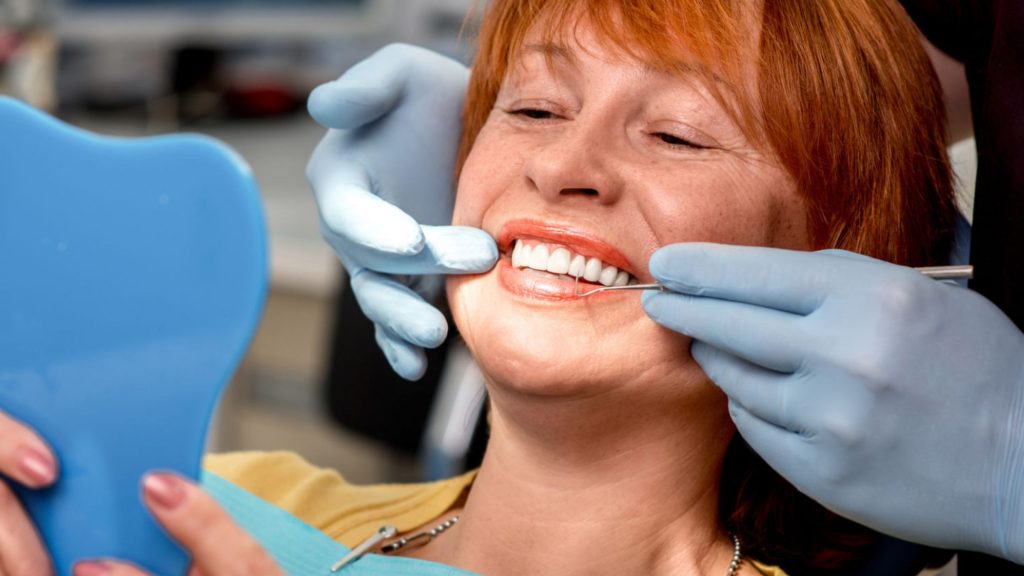Pulp extirpation removes all tooth pulp tissue. It’s frequently done when the pulp is tainted or irritated by decay, trauma, or other causes. This surgery saves badly damaged or diseased teeth, prevents infection, and relieves discomfort. This treatment may restore a damaged tooth’s health and function.
This page will explain pulp extirpation, the method, and what to anticipate during and after treatment.
Pulp Extirpation – What Is It?

Pulp extirpation, commonly known as Root Canal Treatment, is a dental procedure that completely removes pulp tissue from a tooth. This technique is frequently done when pulp tissue is injured, diseased, or highly inflamed and cannot be cured with fillings or pulp-protective dentistry. Also, root canals can remove the pulp.
In addition, The International Dental Journal examined pulp extirpation and pulp-tissue-protective dental procedures for pulpal teeth. This treatment successfully retained teeth and minimized pulp dentistry tissue injury.
What Causes Pulpal Extirpation?

Pulpal extractions remove severely damaged tooth pulp. Before treating this therapy, we must understand its reasons. Below are some of their causes:
Decay Causes Pulp Extirpation
Tooth decay, or dentin caries, is a frequent dental issue. These diseases may cause discomfort, sensitivity, and difficulty eating. Painful pulp extirpation results from degradation.
The AO Foundation warns that pulp damage from tooth decay may cause swelling and pain. As a consequence, untreated tooth decay may spread to the jawbone.
Thus, early prevention and treatment reduce problems and pulp and tooth damage.
Tooth Trauma
Nerve removal can result after severe dental trauma. When a tooth is badly traumatized, nerves and blood vessels might be injured or fractured. In this case, nerve removal prevents infection and suffering.
The International Association of Dental Damage advocates nerve removal to save a tooth with serious damage, such as a loss or crown fracture.
However, nerve removal makes the tooth more sensitive and may cause tooth loss if not properly cared for. Thus, oral hygiene is necessary after nerve removal.
So, damaged teeth must be inspected and treated immediately at a medical institution to avoid future complications.
Previous Root Canal Treatment
When the pulp becomes severely damaged or infected, it is removed. This procedure totally removes the pulp and nerves from the tooth to eliminate germs, viruses, and damaged cells.
However, if root canal therapy is not done immediately and efficiently, it may damage tooth structure, induce tooth loss, and create aesthetic issues. Thus, early dental pulp identification and therapy are crucial.
In fact, this method is complicated. Thus, improper root canal therapy might cause pulp infection and need retreatment.
Extraction of Pulp’s Process in Bassendean
One of the most popular dental treatments is pulp extirpation, which removes the tooth’s pulp tissue to cure an infection. This dental technique helps avoid illness and preserve oral health.
This section will explain pulp extirpation step by step:
Step 1: Preparing Pulp Eradication
The first thing Dr. Bassendean will do is decide whether the condition is serious enough to warrant removing the pulp.
Next, the dentist Bassendean provided painkillers and antibiotics.
Step 2: Pierce teeth
After injecting anesthesia, the dentist will drill the tooth.
At this point, the cavity will be widened so that the pulp may be reached.
Step 3: Root Canal Removal
After reaching the pulp, the dentist will remove it using instruments.
Depending on the tooth’s condition, this might take 30–60 minutes.
Step 4: Dental Hygiene
The dentist will clean and sanitize the pulp removal site thereafter. This technique eliminates tooth bacteria and infection.
Step 5: Fill Tooth Holes
The dentist Bassendean will fill the tooth after cleaning the pulp.
Thus, using high-quality filling materials will assist maintain your teeth healthy and infection-free.
Risks and Complications
Pus therapy in dentistry includes pulp extirpation. Like any operation, this therapy has risks and problems.
- Pain: The tooth may hurt for a few days after extirpation.
- Infection: If the area around the tooth is not cleaned thereafter, it may get infected.
- Swelling: After extirpation, some patients may enlarge. However, swelling normally subsides within a few days.
- Tooth loss: Untreated infections or wounds may cause tooth loss.
- Leakage: Due to a fissure in the extracted tooth, extirpation may have to be repeated in uncommon instances.
- Condition of teeth after extirpation: After extirpation, teeth become weak and brittle. So take careful care of your teeth following this operation.
Finally, proper treatment and post-pulp extirpation procedures may mitigate the aforementioned risks and effects. Visit your dentist for advice and care after this operation.
Recovery and Aftercare

Repairing and maintaining teeth is necessary to keep them healthy after a pulp ectomy. Remember the importance of good oral hygiene after this procedure:
- Rest: On the first day after having the pulp removed, it’s best to take it easy.
- Painkillers: It’s conceivable you’ll need painkillers to get through this rough patch.
- Adjust your diet: Soft meals and a temperate environment will speed up your recovery time.
- Treating an infection: Visit a dentist if you have pain or swelling from an infection.
- Dental Care: Oral hygiene helps teeth repair and stay healthy.
- Limit exposure: Avoid smoke, alcohol, soft drinks, and sugar.
- Periodic visit: This will assist the dentist to evaluate the patient’s oral health and maintain optimal tooth health.
These will assist the patient recover and care for teeth following pulp removal. However, if symptoms arise, the patient should see the dental clinic.
Conclusion

In conclusion, pulp extirpation is essential for treating dental problems. It has several hazards and effects that might harm the patient. Thus, selecting a reliable dental facility for this process is crucial.
The Spring Orchid dental facility in Bassendean is ideal for emergency dental care. The clinic’s competent dentists and the latest technology can help you recover from pulp extirpation. Trust Spring Orchid Clinic for the finest treatments!
FAQs
Can Pregnant Ladies Remove Pulp?
Dentists advise pregnant women to postpone significant dental operations until after delivery. However, in exceptional cases, such as serious infection, severe gingivitis, or tooth decay to the core, pulp extraction may be done with your doctor’s supervision and authorization.
The American Pregnancy Association recommends pulp extirpation during pregnancy. In the 2nd or 3rd trimester, this treatment should only be done under medical supervision. Performing pulp extirpation during pregnancy may harm the unborn child.
Therefore, pregnant women should consult their doctor before deciding to have any dental procedure to ensure the safety the health of the mother and fetus.
When Is Pulp Extirpation Inappropriate?
Pulp extirpation is not always advised. For instance, live pulps that react clinically to heat and electrical sensitivity tests should not be treated.
Furthermore, if the tooth is significantly deteriorated or has a huge cavity, additional procedures such as a root canal may be preferable.
Avoid pulp extirpation if the patient has a medical condition that makes dental operations dangerous, such as uncontrolled bleeding.
Thus, dental professionals should be consulted to establish the best treatment option for each situation.
Can Kids Remove Pulp?
If a child’s tooth is infected or sore, pulp extirpation may be needed. However, a child’s health and age will determine if pulp extirpation is safe.
- If the kid is too young to manage his or her conduct during therapy, pulp extirpation might be challenging for medical personnel and distressing for the youngster. To guarantee therapy efficacy and safety, children must be properly examined.
- Furthermore, if the teeth are not completely matured, the medical team will assess whether pulp extraction should be conducted to prevent hurting the teeth and influencing the child’s dental growth.
Thus, before receiving dental treatment, children must be evaluated by a dentist to guarantee their health and safety.





